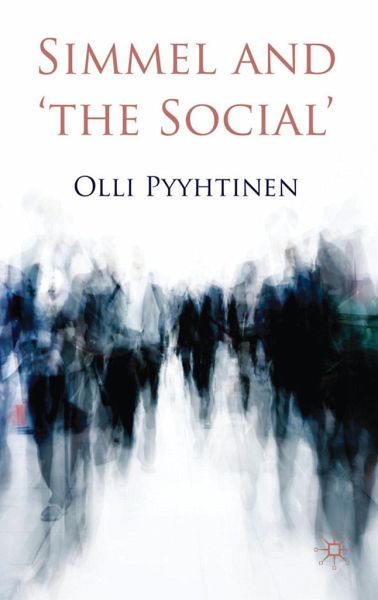'an engaging and convincing book which should be of interest not only to those interested in Simmel but to anyone involved in considerations of the status of the social, social theory and society'- Acta Sociologica
'[this book] is a sweeping, multidimensional portrait of one of the discipline's most neglected, and often misunderstood, thinkers' - Journal of Classical Sociology
'This is an original work, one that stimulates further reflection on the social as a crucial concept in both sociology and philosophy. Pyyhtinen has certainly brought the social alive for a contemporary audience.' - David Frisby, Professor of Sociology, London School of Economics and Political Science, UK
'in a manner that is stylistically elegant, intellectually original, and last but not least of sociological significance, what Pyyhtinen does in his book...is to formulate an interesting conceptual portrait of this multifaceted thinker, that is, an image that primarily does not seek resemblance with the 'real' Simmel, but recreates Simmel, makes something new out of him and shows that he has relevance for our time. What Pyyhtinen intends and also succeeds in with his book is think both with Simmel and without him, or perhaps better through him. In other words, the book is a fascinating and successful endeavour to faithfully continue the Simmelian heritage and, at the same time, show new ways to understand the social through the work of Simmel.' - Sociologish Forskningp>
















